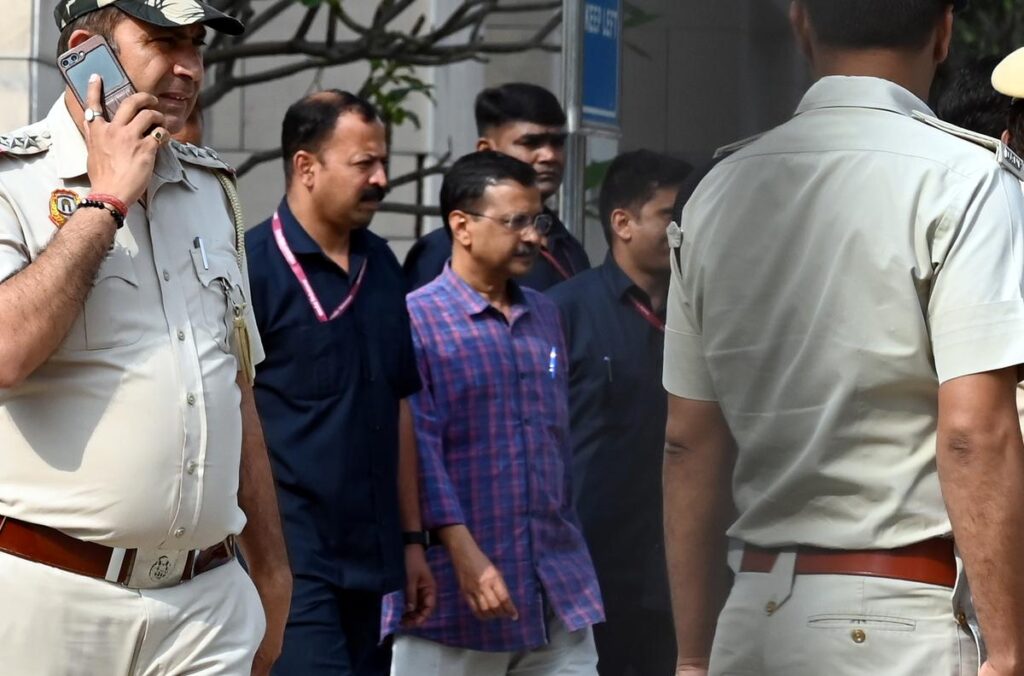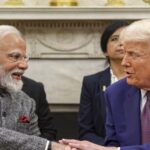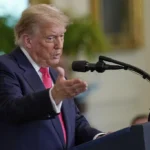
In a significant development in the ongoing excise policy case investigation, the Enforcement Directorate (ED) has brought new claims to light involving Delhi Chief Minister Arvind Kejriwal. The ED alleges that during questioning, Kejriwal diverted inquiries towards his colleagues, Atishi Marlena and Saurabh Bharadwaj, both prominent leaders of the Aam Aadmi Party (AAP), stating that the accused Vijay Nair, the former communication-in-charge of AAP, reported directly to them rather than to him. This statement implies a closer involvement of these two AAP leaders in the operations and decisions related to the controversial liquor policy.
Vijay Nair has been a key figure in the investigation, accused of being intricately linked to the formulation and implementation of the Delhi government’s excise policy. The policy has come under intense scrutiny from both the Central Bureau of Investigation (CBI) and the ED, with allegations of corruption and irregularities clouding its development and execution. Kejriwal’s purported redirection adds a new layer of complexity to the case, potentially implicating other senior members of the AAP in the controversy.
This development raises critical questions about the internal dynamics within the AAP and the extent of individual responsibilities regarding the policy’s formulation. Kejriwal’s alleged statement could shift the focus of the investigation, prompting a closer examination of Atishi and Bharadwaj’s roles in the events leading up to the formulation of the excise policy. It also underscores the challenges political parties face in maintaining transparency and accountability in governance, especially when dealing with policies that have significant financial and social implications.
As the investigation progresses, the ED’s claim highlights the intricate web of interactions and decisions that characterizes the functioning of political entities and their policymaking processes. It remains to be seen how this revelation will impact the AAP’s standing and the political discourse surrounding governance ethics in the capital. The excise policy case continues to unravel, revealing the complex interplay between political leadership, policy formulation, and the pursuit of accountability in public office.




































Leave a Reply